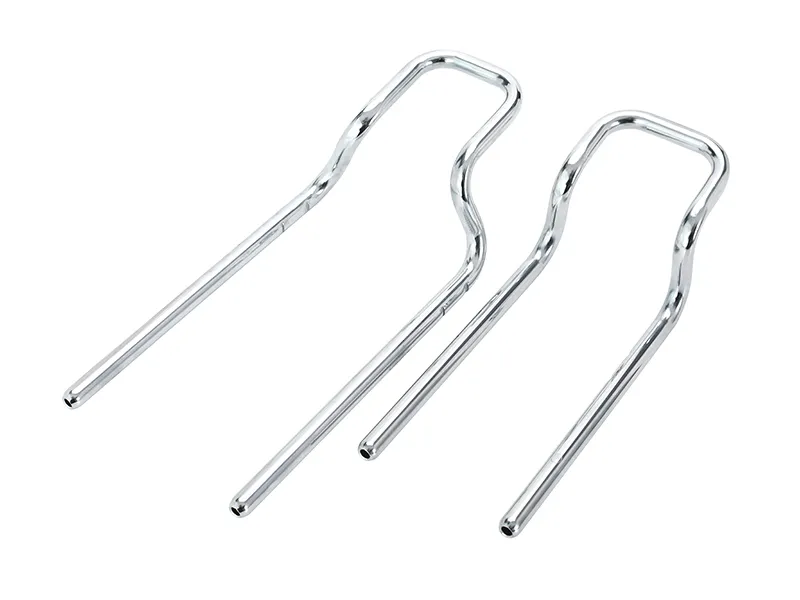
The Automotive Parts Manufacturing Industry An Overview
The automotive parts manufacturing industry is a cornerstone of the global automotive sector, providing the essential components that drive vehicle performance, safety, and efficiency. As the world moves towards advanced automotive technologies, the industry continues to evolve, adapting to new challenges and innovations. This article delves into the significance, key players, and future trends of automotive parts manufacturing.
Importance of Automotive Parts Manufacturers
Automotive parts manufacturers play a crucial role in the production of vehicles. They supply a wide range of components, including engines, transmissions, braking systems, electronic systems, and more. The reliability and quality of these parts are vital for ensuring vehicle safety and performance standards. In fact, high-quality parts can significantly enhance a vehicle's durability and efficiency, thus influencing consumer satisfaction and brand reputation.
Moreover, the automotive parts manufacturing industry is intertwined with various sectors, including steel, plastics, electronics, and even software development. This interconnectedness signifies the industry's extensive impact on global supply chains and economic growth. As vehicles become more complex, manufacturers are also required to innovate constantly, resulting in significant investments in research and development.
Key Players in the Industry
The automotive parts manufacturing landscape consists of numerous companies, ranging from large multinational corporations to specialized niche players. Some of the prominent names include
1. Robert Bosch GmbH A major player in automotive technology, Bosch produces a wide array of components, including fuel systems, braking systems, and electronics.
2. Denso Corporation As a leading supplier of advanced automotive technology, Denso focuses on thermal systems, powertrain control, and electrification components.
3. Magna International Inc. Known for its diverse range of capabilities, Magna designs and manufactures parts for vehicle body, closures, and interior systems, and is deeply involved in the electrification of vehicles.
4. Lear Corporation Specializing in seating and electrical systems, Lear is influential in enhancing vehicle comfort and connectivity.

5. Tenneco Inc. This company focuses on powertrain and clean air products, addressing the growing demands for sustainability and environmental compliance.
These companies reflect the industry’s commitment to research, innovation, and quality, ensuring that automotive parts meet ever-evolving regulatory standards and consumer preferences.
Trends Shaping the Industry
Several trends are currently shaping the automotive parts manufacturing industry
1. Electrification of Vehicles With the rise of electric vehicles (EVs), manufacturers are pivoting their product lines to accommodate battery systems, electric drivetrains, and charging infrastructure. This shift is driving significant investment in new technologies and processes.
2. Smart Manufacturing The integration of Industry 4.0 technologies, such as the Internet of Things (IoT), artificial intelligence (AI), and robotics, is transforming manufacturing processes. Smart factories enhance efficiency, reduce waste, and allow for real-time monitoring of production lines.
3. Sustainability Initiatives As environmental concerns grow, automotive parts manufacturers are committing to sustainability. This includes using recyclable materials, improving energy efficiency, and adopting best practices for waste management. For instance, many companies are exploring lightweight materials that enhance fuel efficiency without compromising safety.
4. Supply Chain Resilience The COVID-19 pandemic highlighted vulnerabilities in global supply chains. In response, manufacturers are diversifying suppliers, investing in local production capabilities, and adopting risk management strategies to ensure supply chain resilience.
5. Digital Transformation The adoption of digital tools is reshaping product design, customer interactions, and production processes. Companies are leveraging data analytics to improve product performance and predict market trends.
Conclusion
The automotive parts manufacturing industry is poised for significant transformation as it embraces new technologies and practices. Key players are not only focusing on traditional manufacturing but are also adapting to the changing landscape of automotive engineering, which increasingly prioritizes electrification, sustainability, and innovation. As the demand for smarter, safer, and more efficient vehicles continues to rise, the automotive parts manufacturing sector will remain a vital player in shaping the future of transportation. Through collaboration, innovation, and a commitment to quality, this industry will navigate the challenges of tomorrow while continuing to drive the global automotive market forward.